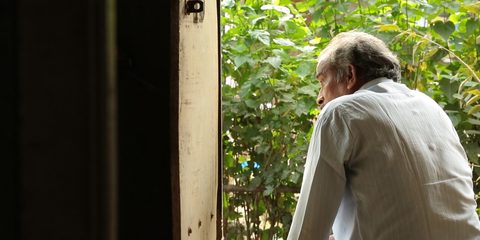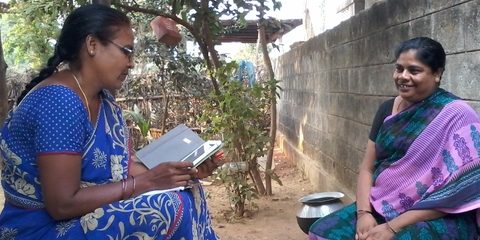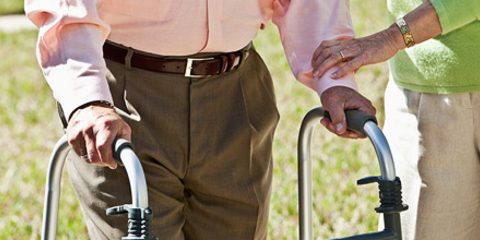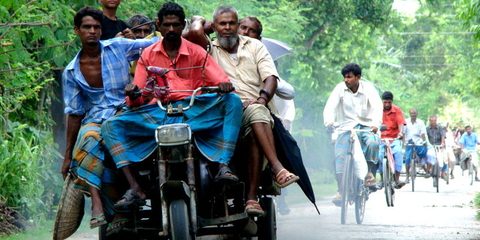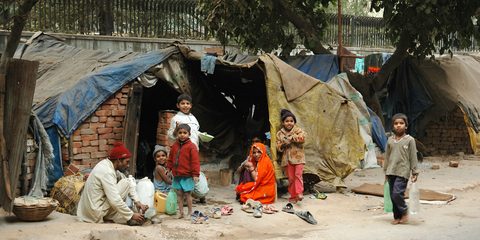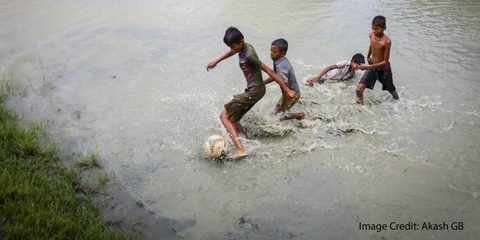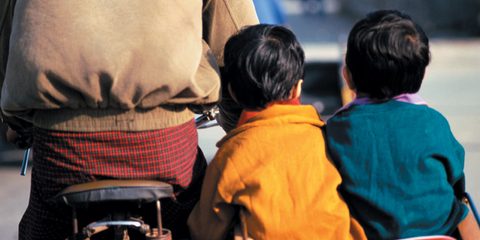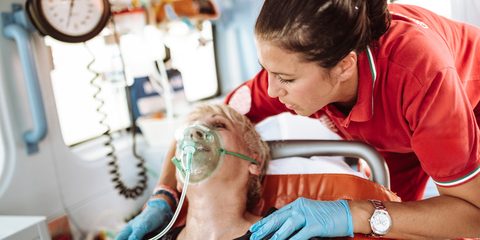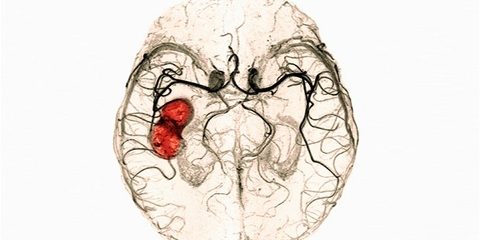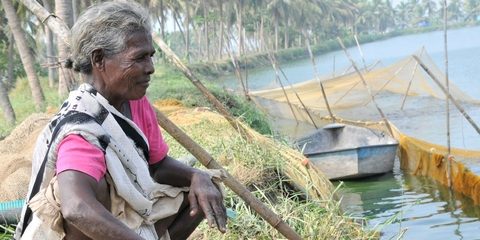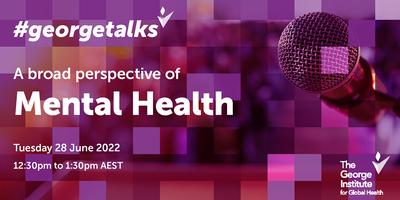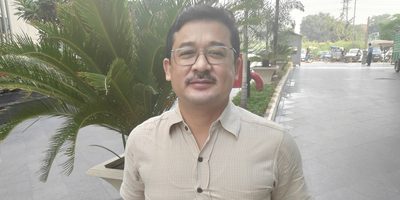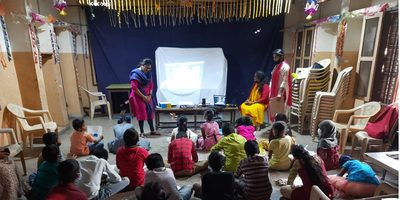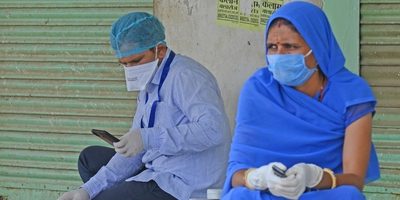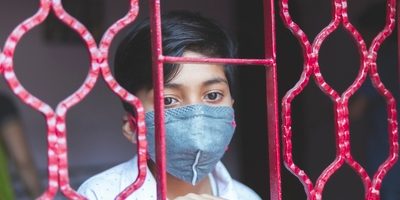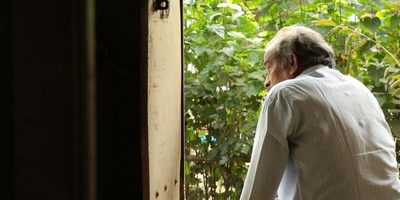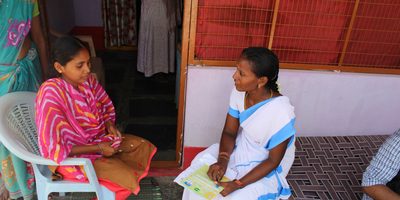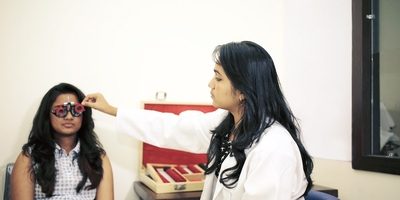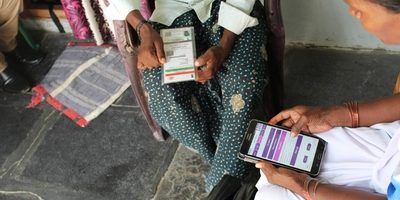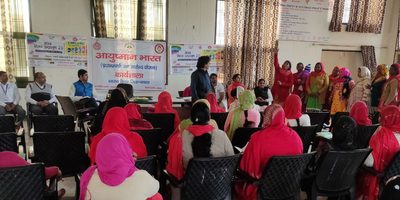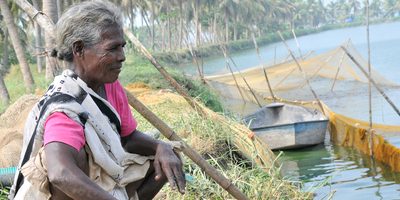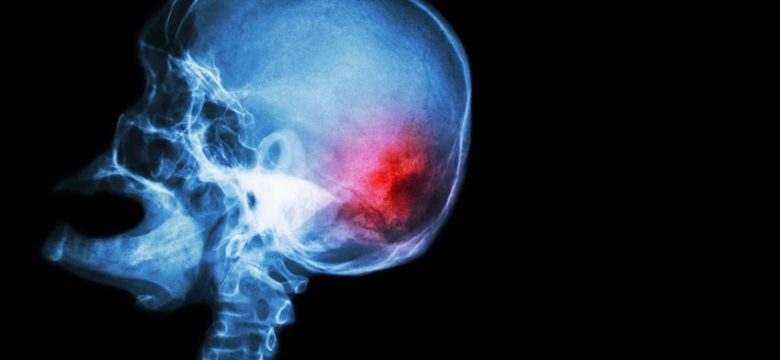
Mental health, neurology and trauma
Mental health is one of the biggest causes of disability and carries enormous economic burden in India. It is estimated that 1 in every 5 Indians is suffering from some form of mental disorder. Especially in productive age of 20 to 40, mental health illness rate is very high among Indians. Till recently, mental health has been absent from the conversation in healthcare research.
In a recent interview, Dr. Pallab Maulik, our Deputy Director and Head of Research spoke about our work on Mental Health:
"We have been working in rural Andhra Pradesh including some Scheduled Tribe Areas in providing an innovative solution to identify and treat conditions such as depression, anxiety and suicide risk. We are empowering lay village health workers and primary care doctors to identify those conditions and provide appropriate treatment based on WHO guidelines within the community."
"We have trained primary health workers across 42 villages and they could identify and treat people in the villages suffering from depression, anxiety or suicide risk using mobile technology based clinical decision support systems."
"In addition, a large campaign to increase mental health awareness and reduce stigma related to mental health was organised in each village that incorporated multi-media approaches. We used brochures, videos of a person with mental illness talk about his experiences and a drama on mental disorders and the need to get treated was enacted educational in villages."
"The results showed that the campaign led to significant increase in knowledge, attitude and behavior related to mental health, and reduction in stigma associated with help seeking. This was evident in more people accessing mental health services when screened positive."
"A significant associated outcome that we observed as part of the programme is that community members have started talking with each other about stressful situations and discuss ways in which each one of them copes with such situations. This was a spontaneous outcome of the intervention and we are trying to understand if this seen across most villages or in just a few."
Similarly, our research in neurological conditions is around improving outcomes using large scale collaborative research. An example is improving the outcomes of stroke victims using family-led models of rehabilitation, as in the ATTEND trial
Road trauma in India is a significant health and socio-economic burden, which requires urgent attention. An area of focus is to develop evidence around development of better organised systems of trauma care to reduce this growing cause of death and disability – especially in the young. We bring in global expertise of our researchers, and evidence generated elsewhere in the world to India.



